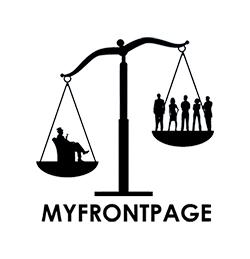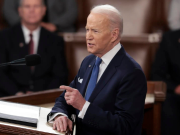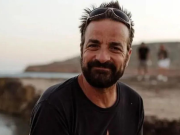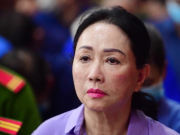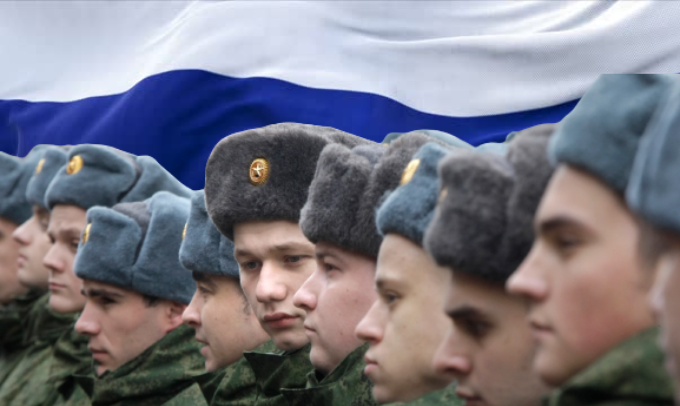August 10, 2023
Recent developments on the military front have thrust Russia into the spotlight, as reports of setbacks and challenges have sparked a public debate about the nation’s military capabilities and strategies. Expert analysis sheds light on the dynamics underlying these events, highlighting their implications for both Russia and the global stage.
The emergence of these concerns became evident as influential commentators, military experts, and public figures engaged in a spirited discourse surrounding Russia’s recent military endeavors. The issues at the forefront include reported setbacks in Crimea and the ongoing conflict in Ukraine. These discussions have unveiled deep-seated fault lines within the Russian media landscape and among military bloggers, mirroring the broader divisions within the nation’s society.
The ongoing debate escalated on August 2nd when a prominent pro-war military blogger publicly criticized colleagues who had voiced reservations about the Russian government’s approach to the conflict. In a passionate outburst, the blogger disparaged these critics as “imbeciles” who, in the blogger’s view, perpetuated “provocative publications” and “frantic criticism of the Russian Ministry of Defence.” The spark for this reaction was the circulation of images by fellow milbloggers, allegedly depicting the aftermath of recent Ukrainian strikes near Sevastopol and the Chonhar Bridge. The move raised concerns of disseminating information that could incite panic among the populace.
Amidst this public rift, experts analyzing the situation underscore the Kremlin’s sensitivity to reporting on Crimea and Ukraine, particularly in the context of military failures. The dispute among military commentators and bloggers is reflective of the entrenched views and sensitivities surrounding these matters in the pro-military Russian media sphere.
The Institute for the Study of War (ISW) report emphasized the silence maintained by most Russian military bloggers following a significant attack on the Chonhar Bridge by defense forces on July 29th. This silence raises questions about potential directives from higher-ranking military officials to curtail discussions that could potentially place blame on the Russian military command itself.
A noteworthy development surfaced with the announcement by Russian Airborne Forces (VDV) Commander Colonel General Mikhail Teplinsky. Teplinsky revealed plans to establish two new VDV regiments and revive the 104th VDV Division by the end of the year. This move is interpreted by experts as a strategic alignment with the Russian Ministry of Defence, aiming to counter rumors of Teplinsky’s arrest due to alleged affiliations with the Wagner group.
The Kremlin’s deepening concerns about border security are evidenced by the Ministry of Defence’s allocation of weapons and vehicles to territorial defense forces in Belgorod and Kursk oblasts on August 2nd. This ongoing reinforcement points to a heightened sense of urgency within the Kremlin regarding potential threats along the Russia-Ukraine border.
In tandem with Russia’s internal discussions, the Ukrainian forces continue to mount counteroffensive operations across multiple fronts. Reports indicating advancements near Bakhmut on August 2nd underscore the fluid and dynamic nature of the conflict.
Key Takeaways from the expert analysis on August 2nd reaffirm the intricate interplay between media, military narratives, and national security. The ongoing discourse reflects the Kremlin’s cautious stance on discussing Crimea and Ukraine’s military dynamics, underscoring the neuralgic nature of these topics.
In this ever-evolving narrative, the military conflict’s ripple effects persist. Russian forces executed a drone strike on the night of August 1-2, causing significant damage to port infrastructure and resulting in the loss of a substantial grain quantity in Odesa Oblast.
As tensions and debates persist, the role of the Kremlin remains central. Russian President Vladimir Putin’s endorsement of the “Novorossiya” narrative and his announcement of initiatives to provide books to occupied Ukrainian territories on August 2nd further deepen the layers of this multifaceted story.


